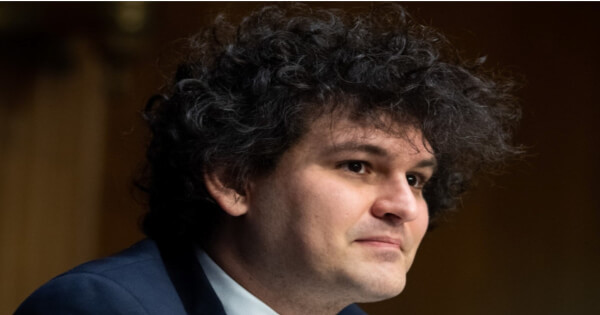Samuel Bankman-Fried, the defendant in a high-profile cryptocurrency fraud case, is likely to receive a reduced sentence as FTX assets hint at full compensation to customers.
In a series of events that could affect the sentencing of Samuel Bankman-Fried, the founder of now-defunct cryptocurrency exchange FTX, a recent court case suggested his client could receive full compensation. Bankman-Fried, who faces multiple charges including wire fraud and conspiracy, is currently awaiting sentencing, and Case No. 22-cr-673 (LAK) is gaining a lot of attention in the cryptocurrency community.
FTX Assets’ announcement that full repayment to customers and general unsecured creditors could be “cautiously anticipated” as the legal proceedings progressed introduced a new dimension to the case. These developments emerged in bankruptcy proceedings. The estate’s attorneys expressed optimism about repaying the allowed claims in full, but were careful to label this as a goal and not a guarantee.
Depending on the circumstances, the court may be in a position to consider not only the nature of the offence, but also the possibility of redressing the harm suffered. The U.S. District Court for the Southern District of New York is tasked with balancing the seriousness of the allegations regarding Bankman-Fried’s conduct following the FTX collapse, his personal history, and the outlook for the estate’s ability to make victims whole.
Samuel Bankman-Fried, often cited as a pioneer in the cryptocurrency space, has been portrayed in many different ways. His defense team, led by attorneys at Mukasey Young LLP, paints a portrait of a humanitarian driven by altruistic motivation and commitment to philanthropy. Contrary to the image of a selfish businessman, they argue that his life’s work is characterized by a desire to contribute positively to society.
Bankman-Fried’s personal story includes his childhood, his academic work at MIT, and the founding of Alameda Research, which was established to fund his philanthropic efforts. Deeply influenced by effective altruism, his philosophy led him to a vegan lifestyle and significant charitable donations, demonstrating a pattern of behavior focused on global progress rather than personal gain.
The defense argues that the pre-sentence report’s guidance calculations, which recommended a 100-year prison sentence, grotesquely overstated the seriousness of the crime, especially considering the likelihood of no actual financial loss to the victim. They argue that the sentencing enhancement applied was based on an inaccurate interpretation of Bankman-Fried’s intentions and the impact of his actions.
Legal experts and observers expect Bankman-Fried’s willingness to reimburse, his philanthropy and personal characteristics will influence the court’s decision. This case presents complex challenges for the judicial system. This means imposing a sentence that reflects the seriousness of the crime, while also recognizing the defendant’s efforts to redress the harm caused and his or her unique personal history.
As the cryptocurrency world watches closely, the last sentence will send a message about liability, reparation, and the role of individuals in the legal process. The outcome of this case will undoubtedly impact public perception of the judicial system’s handling of cryptocurrency-related crimes.
Sentencing for Samuel Bankman-Fried is scheduled for March 28, 2024, an important date for the defendant and the wider community seeking justice and closure to this landmark case.
Image source: Shutterstock

